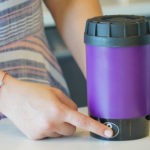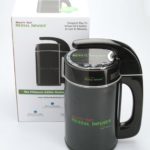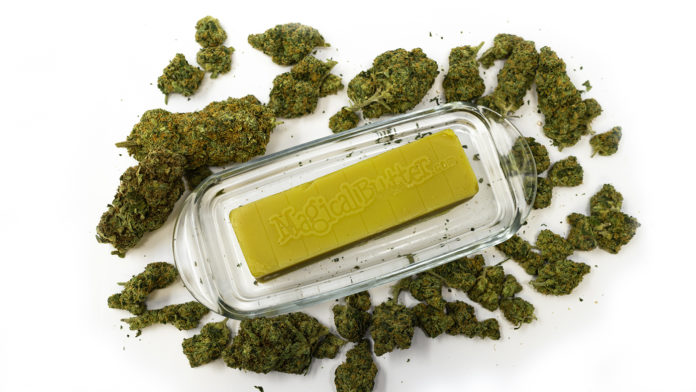MONTREAL, CANADA–America’s cannabis-friendly neighbors to the North rejoiced today, October 17, as adult-use legalization became law in Canada, creating the world’s largest legal market. Citizens and visitors to Canada may now freely indulge in recreational marijuana use–but cannabis-infused edibles are still off-limits.
The government of Canada has said they need more time to devise regulations for edibles, according to Montreal.Eater.com. Adding to the delay, each Canadian province also has had to develop its own regulatory infrastructure, policies, and standards for the cannabis industry; provincial regulations may differ from whatever regs the federal government finally decides on for cannabis products, including edibles.
Eater said a representative of the Province of Quebec’s health and social services agency told them even if the federal government allows edibles for consumption, the province will conduct its own analysis of potential health impacts, then decide if edibles should be made available at all, and if they should be sold only at cannabis stores operated by the provincial government.
So, for now in Canada, if you want a delicious, moist, double-chocolate, classic cannabis-infused brownie, you’ll have to bake it yourself.
“The impact of Canada’s legalization will reach beyond all quantifiable metrics collected over the next few years. It will change the world’s perception of cannabis. It will directly impact how business is conducted across every industry. A profound transformation is occurring and it’s about time cannabis takes center stage in business, education, economics and, most importantly, charting brighter days in the history of our world.” MagicalButter.com’s Digital Marketing Manager Iram Cesani said in a statement.

“I am so excited for the legalization in Canada, it is inspiring to see how the nation has gotten behind the plant that is an obvious solution to so many of society’s issues,” MagicalButter Executive Director Chris Whitener added.
Whitener’s enthusiasm for Canadian legalization, of course, also comes with positive prospects for increased sales. Currently, Canadian at-home bakers are not allowed to sell their infused creations, but media reports indicate some professional chefs in Canada are not waiting for permission; infused dinners are being arranged and served to cannabis-curious connoisseurs, speakeasy-style.
Whether for their psychoactive properties, therapeutic cannabinoids (like CBD), or botanical essences from cannabis-derived terpenes, cooking with cannabis-based ingredients could become a specialty. Just as consumers are increasingly looking for healthier lifestyle alternatives, cannabis-infused cuisine could successfully dovetail food categories with the health and wellness sector.

“Decarboxylation happens very slowly when cannabis is cured, but we can use an oven to speed up and complete the process. Decarbing your cannabis allows you to convert the THCA found in your dried buds and trim to THC. This will allow your edibles and tinctures to be more potent and take effect more quickly. ‘Decarbing’ most often occurs when cannabis is smoked, so this process doesn’t have an opportunity to occur when making butters, oils, and tinctures–you have to do it beforehand,” instructables.com explained.











